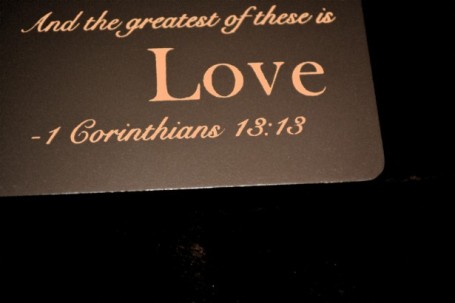Charles Eisenstein refers to it as ‘the story of separation’.  It’s an old story we all know and have lived. It began with a patriarchy that emerged several millennia ago, and beliefs around ownership and control that lead to a scarcity mentality that persists today in everything we do. This belief in limited resources fuels the mentality of jealousy, of toxic shame, disconnection, competition. If there is more for you, it means there is less for me.
It’s an old story we all know and have lived. It began with a patriarchy that emerged several millennia ago, and beliefs around ownership and control that lead to a scarcity mentality that persists today in everything we do. This belief in limited resources fuels the mentality of jealousy, of toxic shame, disconnection, competition. If there is more for you, it means there is less for me.
But if you are lucky, there will come a moment in your life where you will see a flicker of hope and light. A sparkle in the eyes of a stranger perhaps, the words of Rumi, the bliss of silent meditation, or some other chance exposure to the infinite realms of love and intimacy. And suddenly you feel it: possibility. Eisenstein says that ‘once you have that experience, it lives inside of you, and it makes the old normal no longer even tolerable’.
And now you find yourself on a new path. One lined with compassion, abundance, connection, celebration. But that’s not all. You soon begin to find courage in your vulnerability, you start showing up in ever deeper layers of authenticity. And then you start to see them. Your shadows. The darkness is beginning to emerge, and it’s tumultuous, ugly, scary, and shameful, and what if the others find out? Will I still have a place to call home in this family, this community, in society at large?
I just spent three days with over thirty people, most of whom I had never met before. We came together with the intention to learn a technology called ZEGG forum. This method was developed in the 1970s with a goal of building community, creating cohesion and trust, and freeing ourselves from violence.
Over the course of just three days, our circle dove deep into the realms of our darkest fears, our deepest prayers, our most insurmountable blocks. We grieved together, cried together, laughed together, sang together. We comforted each other, we saw each other. Facilitator Kelly Bryson told us we weren’t there to heal, we were there to bring our shadows into the light. We gathered and shared in order to collectively tap into the universal, archetypal emotions and experiences of our lives. Our hearts collectively opened.
The retreat may have ended, but our story continues. Our story of separation is only a narrative. We will continue to join together, here and around the world, gathering momentum, with a common goal of re-writing our story. Reconnecting with each other, with nature, with love. The Forum is happening in our neighbourhoods, in our communities, and in healing biotopes like Tamera, around the world. A force field of love and abundance that is going to change everything.
We leave our retreat feeling stronger, reassured, and reconnected. This brief glimpse into the future renews both our faith and our resolve to keep doing the work.
